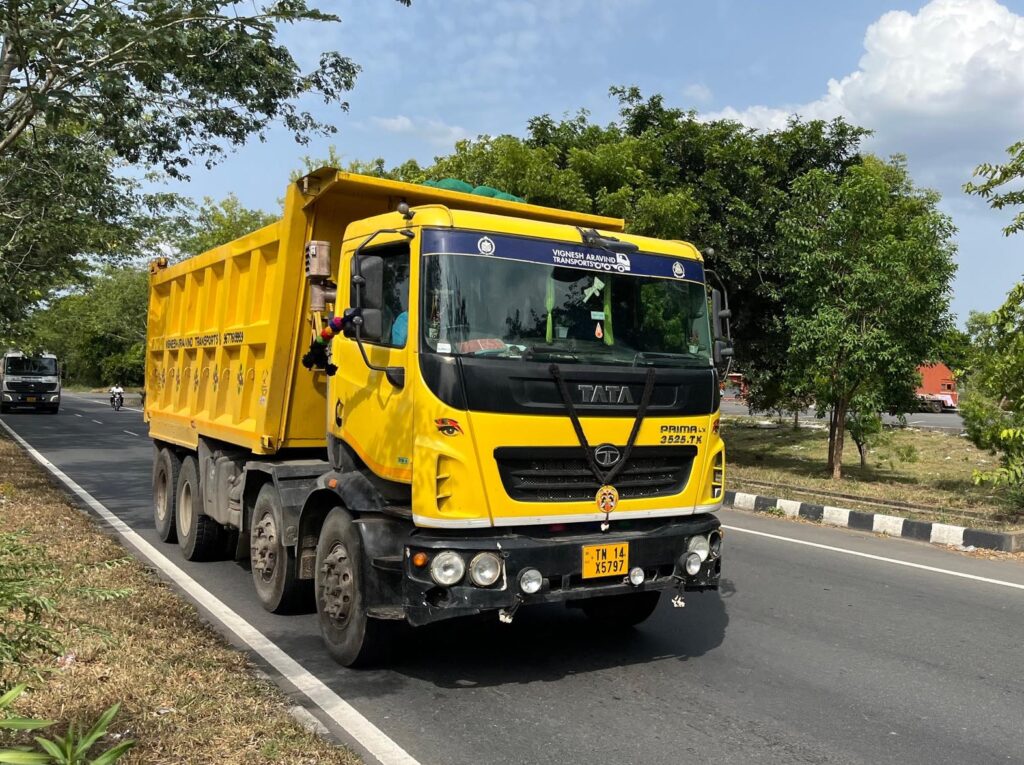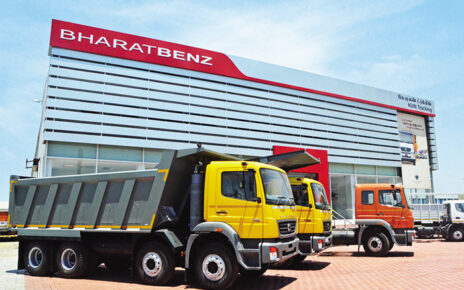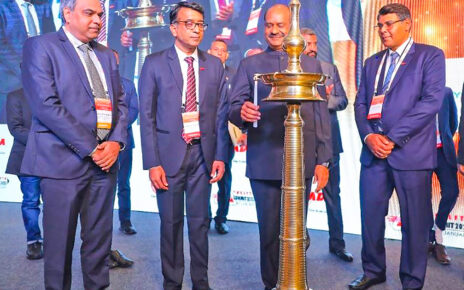Operating margins seen steady with better realisation, stable commodity prices

Commercial vehicle (CV) makers will see revenue growth moderating to 5-7% on-year next fiscal after an estimated
~9% rise this fiscal. This will be driven by price hikes as volume growth is expected to be modest for medium and heavy CVs (M&HCVs) and flattish for light CV (LCVs).
Higher average realisations due to better growth in M&HCVs, and stable raw material (especially steel, iron and aluminium) prices will help sustain operating margin at 10-11% next fiscal.
A CRISIL Ratings study of four CV makers, accounting for over 70% of the market share, indicates as much. LCVs clock ~60% of the sector’s volume and MHCVs the rest. Buses are included in both LCVs and MHCVs.
M&HCV demand is contingent upon activity in key end-user infrastructure related sectors — roads, real estate, mining and construction, besides transportation and replacement demand. LCV demand, on the other hand, is dependent on last-mile connectivity and e-commerce players.
Says Anuj Sethi, Senior Director, CRISIL Ratings, “Revenue growth of CV makers will be driven by higher realisations next fiscal. We expect domestic revenue growth for M&HCVs to lower to 2-3% (~ 5% this fiscal), and this too will largely be driven by demand for buses. The likelihood of brief slowdown in infrastructure spending owing to general elections and continuing high interest rates shall impact overall M&HCV growth. Demand for LCVs is seen subdued this fiscal due to high-base effect and moderation in spends by e- commerce players. A similar trend is expected next fiscal as well.”
Domestic sales, accounting for over 90% of total volume, are expected to inch closer to the previous peak of ~10 lakh units seen in fiscal 2019. Export volume, however, will continue to be sluggish due to continuing inflationary headwinds and economic slowdown in key markets such as Sri Lanka, Africa, and Latin America.
This fiscal operating margin is seen reaching pre-pandemic peaks of ~10%, supported by price hikes to offset higher cost of compliance on emission norms, better realisations due to increased sales of M&HCVs and stable raw material prices. This trend is expected to be sustained next fiscal too. That said, in the event of continued sluggishness in sale volumes, discounts offered by CV makers may increase, and partially impact operating margins.
Says Anil More, Associate Director, CRISIL Ratings, “The modest increase in sale volume will take capacity utilisation of CV makers to 72-74% next fiscal from 70-72% estimated this fiscal, obviating the need for significant capacity addition and thus keeping capital spend in check. This, together with steady cash flows and strong balance sheets, will ensure improvement in key debt metrics of CV makers.”
For players rated by CRISIL Ratings, interest coverage and debt to earnings before interest, tax, depreciation and amortisation are expected to remain strong at 7-9 times and 1.0-1.5 times, respectively, for this and the next fiscal.
Given that CV fortunes are linked to macro and industrial growth, the pace of economic activity, interest rate movement and inflationary pressures will bear watching.




